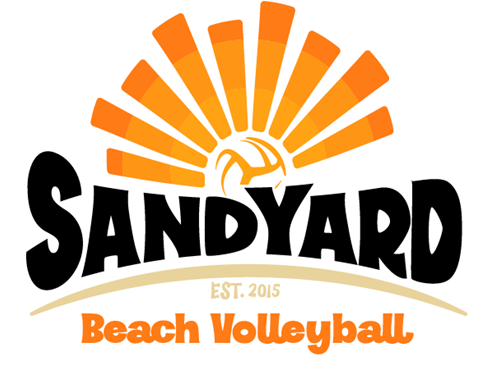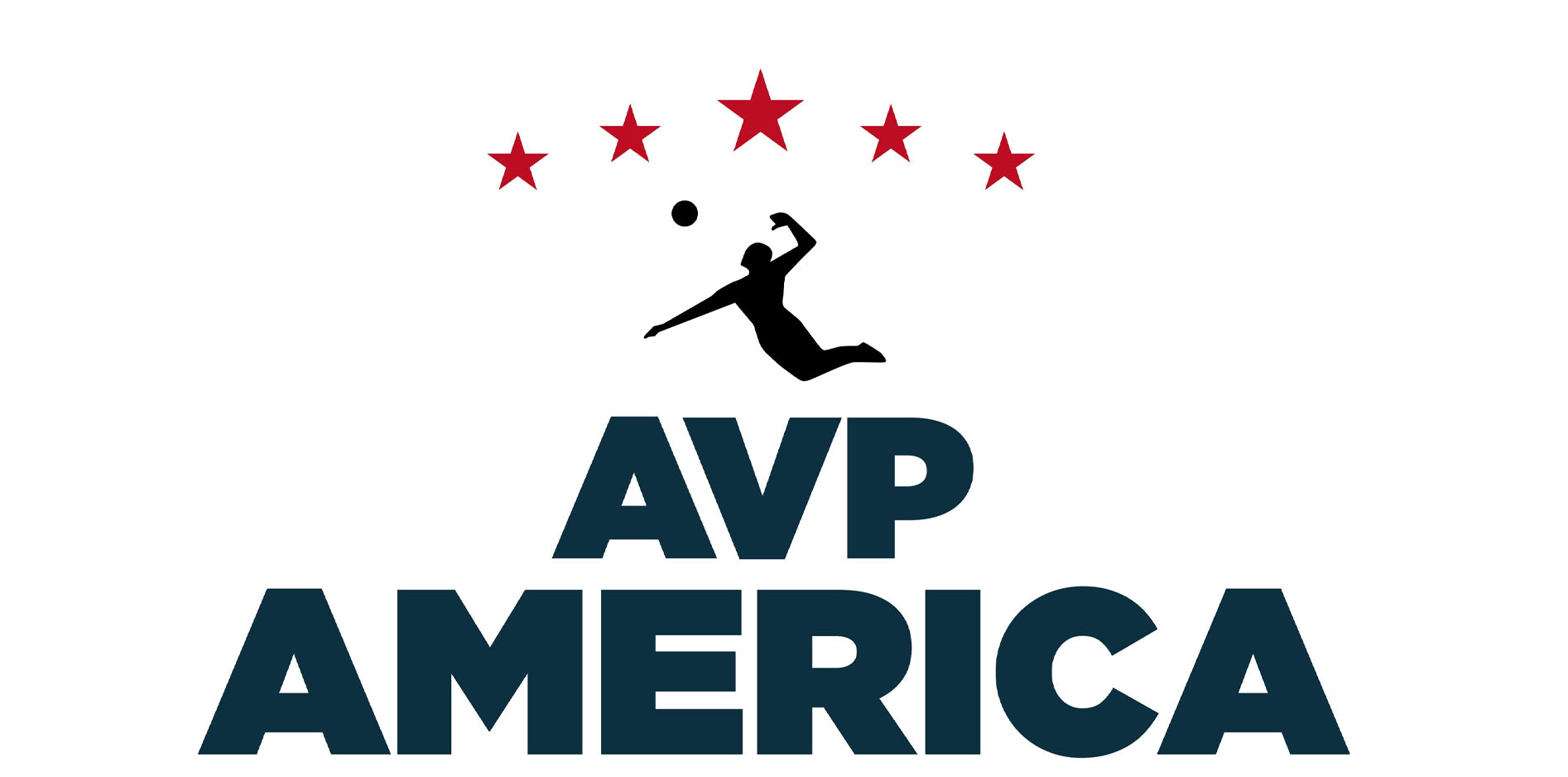CONCUSSION PROTOCOL
Concussion is a brain injury and is defined as a complex physiological process affecting the brain, induced by biomechanical forces. Concussion may be caused by either a direct or indirect blow to the
head, face, neck or body causing an impulsive force transmitted to the head.” . All concussions are serious and some can lead to more serious effects, however in most cases the effects of concussion are temporary and players will recover fully when managed correctly. The effects of concussion on children are different to adults and therefore will
require a different management approach.
AVP America takes the risk of concussion very seriously. Players, parents, coaches and officials
need to act in the best interest of player safety and AVP America aims to ensure that all of its members are
aware of how to recognize and safely manage concussion. Policy adheres to the following principles:
1. Recognize and Remove
2. Refer
3. Rest
4. Recover
5. Return
CYBER BEHAVIOR
Responsibilities
It is your responsibility to ensure appropriate conduct when representing AVPAmerica and your club in all cyber activity including:
- that no electronic communication harass or harm others, defame, insinuate inappropriate behavior relating to drugs, alcohol, sex or any other behavior that may be deemed or considered to be inappropriate
- For personal safety, Coaches should be very careful about revealing personal information about themselves, such as home or email addresses, home or private phone numbers
- Must not offend, intimidate, humiliate or bully another person
- Must not be misleading, false or injure the reputation of another person
- Should respect and maintain the privacy of members, athletes, parents and other coaches
- Must not bring AVP America into disrepute
- All staff and volunteers who work with children and young people must direct electronic communication through the child’s parents and/or guardians.
HOT WEATHER
The risk of heat injury from high intensity sport is significant. It can range from cramps, through
heat exhaustion to heat stroke, coma, and death.
During a competition, a competitor may produce 15 - 20 times the heat they produce at rest.
Dissipation of this excess heat is primarily achieved through sweating. If the body’s ability to
dissipate heat is compromised, core temperature in an average size individual, may rise by 1.8
degree Fahrenheit for every five minutes of exercise, if no temperature regulating mechanisms
are activated. If an individual’s core temperature is above 104 degrees Fahrenheit (normal 98.8 degrees) the risk of heat injury is significant. Factors which impair the body’s ability to dissipate heat are:
- High ambient temperature
- Solar radiation
- Humidity (this compromises the efficacy of sweating) or lack of wind
- Dehydration
These factors significantly increase the risk of heat injury occurring.
Age, Gender and Fitness of Participant
Young Children are especially at risk in the heat. Prior to puberty, the sweating mechanism, essential for effective cooling, is poorly developed. The ratio between weight and surface area in the child is also such that the body absorbs heat rapidly in hot conditions. In practical terms, children participating in an event must be protected from over-exertion in hot conditions, especially when required to exercise for 30 minutes or longer. Female Participants may suffer more during exercise in the heat, due to their greater
percentage of natural body fat.
COACHING POLICY & PROCEDURES
Introduction
There has been a continuing increase in the number of coaches utilized at junior beach/grass volleyball events around the country. This is a positive indicator of the growth of the sport and also the value that the players put on coaching in a sport. You are a representative of a small, but significant group that has become a large part of shaping athletes. Players, parents and other coaches are observing you at every tournament.
It is important to realize that the increased significance and exposure of coaching also brings added responsibility. Each coach plays an important role with regard to the future stature of coaching on the AVP Tour, collegiately, high school or club level. The manner in which you handle yourself in all coaching scenarios will have a direct bearing on how you and coaches as a group will be perceived.
In order to conduct yourself in a proper manner, it is important that you understand clearly what is expected of you. With this in mind, the AVP America coaching policies and procedures provided below should give you a clear understanding of how each of you will be expected to conduct yourself while coaching.
COACHING PROCEDURE
There is no limitation to the number of teams an individual can coach at an AVP America tournament. However, any team is limited to only one designated coach per match. This rule can vary depending on the local promoter run events. Please check their guidelines as well.
Credentials
Each coach that is interested in coaching at an AVP America owned and operated event will need to complete the following:
- Background screening through AVP America
- Maintain an active AVP membership
- Complete the AVP Coaching Certification - Level 1 minimum
- Proof of both of these will be required at the event
Appearance
As a coach, the manner in which you present yourself is important. While it is mandatory that you wear a shirt and shorts, trunks or bathing suit bottom any time that you are coaching at a court, even while you are not coaching but on site, you should be cognizant that your appearance is an important consideration with regard to how you are perceived.
Player and Referee Tents (when applicable)
Coaches may use the player tent for shade, relaxation and food. Coaches will always handle themselves in a thoroughly professional manner while in the player tent. It is never appropriate for a coach to be in the referee tent.
Filming & Photography
Coaches are permitted to film matches. Once a match, in which you are coaching has started, coaches are not permitted to be involved in the filming in any way thereafter until the match is over. Coaches are not allowed to tend to your camera during the match. A coach may film matches in which his/her team is not participating, however such filming must be done in a manner that is not in any way intrusive to the participants or spectators.
Coaches are not allowed to conduct still photography during a match they are coaching.
Coaching (“Drilling”) Players on the Court
A coach is allowed to drill his/her players on the playing court during warm-ups. To participate in the warm-up a coach must have a coach accreditation.
Gambling and Unsportsmanlike Conduct
- All participants (players, coaches, officials, and management) in tournaments and meetings under the authority of AVP have a duty to conduct themselves in a reasonable and acceptable manner. They must avoid all unsportsmanlike conduct, acts or practices that are, in the opinion of AVP, detrimental to the sport.
- A coach found to be in violation with any of the following rules shall be automatically fined $250.00 and is also be subject to suspension and possible permanent expulsion from the AVP:
- A coach shall not offer or give a bribe, gift, payment, reward or anything of value to any other coach or player with the intention of influencing the coach or players efforts in a competition; nor shall a coach solicit, agree to accept a bribe, gift, payment, reward or anything of value offered or given with the intention of influencing the participants efforts in competition.
- A coach shall not dispute the calls of the set referee
COACHING POLICY DURING A MATCH
Dress / Appearance
- A coach must wear his/her credential while coaching at an AVP America run event. This may vary at the local level.
- A coach is expected to dress and maintain his/her appearance at the court in a manner consistent with the dignity and integrity of the sport. Beyond this requirement, a coach courtside will at all times wear minimally a shirt and shorts / bathing suit bottom.
Location
- Coaches must be located on the same side of the court as their team. They must move during team switches to prevent stealing of signs from the opposition.
- While play is live, coaches must stay within 6 feet of the end/side lines
- The only exception for entering the court, is to to tend to his/her players during an extended interruption in play or injury timeout if permitted by the referee and/or medical staff, if applicable
- No coaching will be permitted from any other area on the site.
- A coach may leave a match in progress to coach another of his/her teams at a different court. A coach in such instances may join the subsequent match in progress. However, a coach is not permitted to leave a match in progress and return to that same match at a later point in time, as this is potentially disruptive to the match.
Authority
- Coaches can offer instruction to their team before the match begins and after a match finishes.
- During matches they can offer instruction in the following ways:
- To their team from when the ball is dead until the next serve is authorized
- “Walk and talk” during side changes and call time-outs for their teams.
- Coach on a time-out
- The following restrictions apply to coaches during matches:
- Coaches are not allowed to interact with the opponent players or the opponent coach.
- Coaches (and other team members) are not allowed to receive information from external sources during an active match (including but not limited to audio, video, and text to a smart device ie: phone, tablet, or smartwatch).
- Any coach who is deemed to be taking signals from the opposition and forwarding them and any message to their team will be given an automatic red card and be removed from the tournament site for the duration of that event. Such offense is subject to a fine and/or suspension.
- Coaches are not able to interact with the officials (if applicable) at any time, other than to call a timeout:
- Interaction with officials includes questioning judgement or similar outbursts during or between rallies.
- Coaches are not allowed to attempt to influence officials under the guise of coaching their players.
- Interaction with the players can not in any manner delay the pace of play
- Delays in pace of play or coach interaction with the officials will be dealt with administratively.
- Sanctions can range from a verbal warning to a suspension
Behavior
- A coach may not address the Tournament Director, Director of Officials, match officials, or opposing players before, during, or after a match while on site with regard to officiating, player conduct, playing conditions or any other subject matter that impacts the competition. A coach is not considered a team spokesperson by tournament officials and will not be allowed to take on that role.
- A coach may not use an audible obscenity or make an obscene gesture within the precincts of the tournament site.
- A coach will not abuse (verbally or physically) tournament officials, players (their players or opposing players), other coaches, spectators, or other persons within the precincts of the tournament site.
Misconduct and Sanctions
- The players a coach represents are responsible for the conduct of their coach. Consequently, officials are instructed to address the coach’s players and not the coach if a coach engages in misconduct.
- If coach misconduct occurs during a match, the team will be warned and penalized in accordance with normal yellow and red card procedures.
- The players will be responsible for the payment of any fines suitably assessed by the Tournament Director due to the misconduct of their coach.
- In circumstances that are deemed flagrant or particularly injurious to the success of the tournament, the Tournament Director may at his/her discretion order the coach to be removed from the site of the match or the precincts of the tournament site and upon the coach’s failure to comply with such order may declare an immediate default of the coach’s team.
- A coach will be subject to having his/her AVP America coaching credential revoked by the Tournament Director for a term to be determined by the AVP, including permanently, due to conduct the AVP determines is detrimental to AVP America or the sport of Beach/Grass Volleyball.
HEALTH AND SICKNESS PREVENTION SUGGESTED MEASURES
Recommendations for practices to ensure athletes are well for AVP America Competitions
- Hand-wash stations and/or hand sanitizer available during practices to help keep athletes well for competitions
- Encouraging each athlete to bring their own ball that has been sanitized to practice or provide sanitized volleyballs to athletes at the beginning of each practice.
- Replace high-fives and handshakes with fist bumps or air high-fives
- Follow all guidelines put in place by state and local governments, and/or by the owners of your practice site and by the Tournament Director or sanctioning organization
- Screen athletes prior to practice to make sure everyone is healthy before participating in practices or tournaments
Individual Responsibilities
If you are feeling sick or have a temperature above 99.6, do not come to event or practice site
Wash your hands with soap and water or use hand sanitizer regularly, especially after touching frequently used items or surfaces


